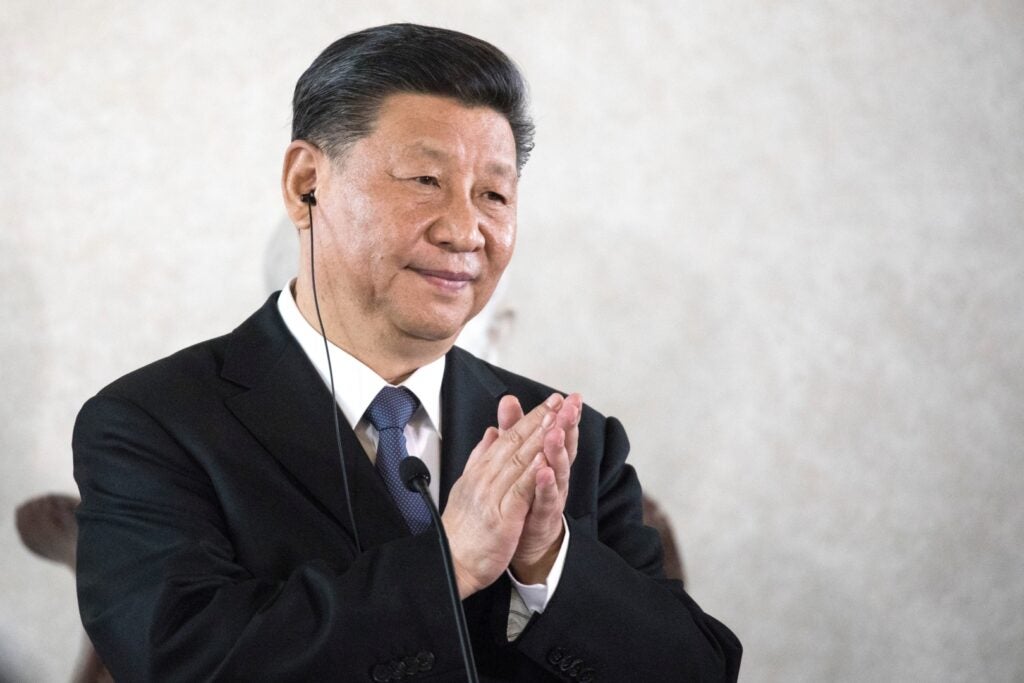China Slashes US Oil Imports By 90% Amid Trump Tariffs, Turns To Canada Instead
by Proiti Seal Acharya Benzinga EditorFollow
https://twitter.com/benzinga
Add Comment|
1
Comments
Close menu
As US-China trade tensions continue to escalate, Chinese refiners have cut their U.S. oil imports, while imports of Canadian crude have reached record highs
What happened: Imports of U.S. oil by China have plunged roughly 90% since 2023, falling from a peak of 29 million barrels per month to just 3 million, according to Vortexa Ltd. data, reported Bloomberg. In March, China imported 7.3 million barrels of crude from Canada's Vancouver port.
This figure is expected to rise even more this month. This shift follows the completion of the Trans Mountain Pipeline Expansion (TMX) in late 2023, which added 590,000 barrels per day of export capacity and gave Alberta's landlocked oil sands direct access to Asian markets.
Why it matters: China's shift to Canadian oil highlights the larger impact of the current trade conflict between the Donald Trumpadministration and Team Xi Jinping. For investors, the emergence of Canada as a key supplier to China signals a structural shift in North American oil fundamentals, with implications for companies such as Canadian Natural Resources Ltd., Cenovus Energy Inc., and U.S. majors like Exxon Mobil Corp.
XOM+3.55%
and Chevron Corp.
CVX+3.00%
This move is also strategically significant for China's refineries, which gain from the comparatively inexpensive and dense oil available from Canada's oilsands. Wenran Jiang, president of the Canada-China Energy & Environment Forum, stated, "Given the trade war, it's unlikely for China to import more US oil."
Oil prices witnessed a rally on early Thursday, with Brent Crude Oil up 0.85%, now trading at $66.42 per barrel, and the WTI Futures up by 1.06%.

China Slashes US Oil Imports By 90% Amid Trump Tariffs, Turns To Canada Instead - Chevron (NYSE:CVX), Exxon Mobil (NYSE:XOM)
China reduces US oil imports by 90%, turns to Canadian crude amid trade tensions. US-China conflict has potential to shift global oil market dynamics.


 Gas prices will drop here and he’ll tout it as a win
Gas prices will drop here and he’ll tout it as a win

